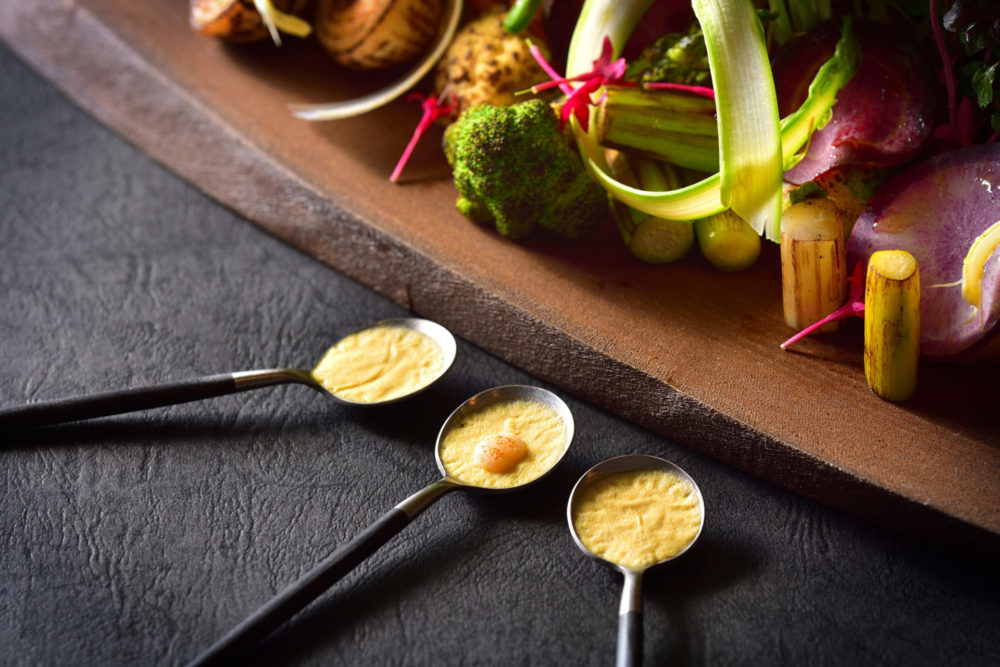Disclosure: AFN’s parent company, AgFunder, is an investor in IntegriCulture.
IntegriCulture, a Japanese startup striving to bring down the costs of cellular ag, has raised $7 million in Series A-plus funding.
New investors joining the round included Future Food Fund, Kemuri Ventures‘ Shoku-no-Mirai-Fund, Resona Capital, Plan Do See, Yamaguchi Capital, Iyogin Capital, and SuMi TRUST Innovation Fund – a vehicle jointly established by Sumitomo Mitsui Trust Bank and SBI Investment.
Existing investors AgFunder, Beyond Next Ventures, Real Tech Fund, and an undisclosed company also participated in the Series A-plus raise, which follows on from IntegriCulture’s $7.4 million Series A round in May 2020. The startup’s total funding to date stands at $16.4 million.
The world’s population is growing – and with it, its demand for protein. Global consumption of meat from animals is projected to increase by 14% by 2030 compared to the base period average of 2018-2020, according to the UN Food and Agriculture Organization. This growth is driven largely by income and population growth.
This is expected to have significant environmental consequences, with forests and other natural landscapes cleared to make way for additional livestock grazing space or to grow animal feed; while methane emissions from food animals could also increase.
Cellular agriculture could help to limit or even reduce these effects by enabling the sustainable production of cell-cultured meat in sterile, self-contained environments – without the substantial inputs required to raise, slaughter, and process animals.
However, the costs of producing ‘animal-free’ meat in this way remain prohibitive. According to the nonprofit Good Food Institute, the biggest production expense for companies in the space is growth media: a vital component of the cell-culturing process, comprising growth factors and recombinant proteins which allow animal cells to proliferate and grow into what we would recognize as meat.
IntegriCulture says its aim is to create a “universally accessible cellular agriculture platform” for such companies by providing growth media and other tech solutions to them at relatively lower costs.
The Tokyo-based startup claims its CulNet System “emulates natural animal body endocrine systems to produce cultured serum,” enabling cultivated meat manufacturers — as well as producers in industries such as cosmetics, healthcare, and industrial biochemicals — to effectively make their own growth factors on-site, rather than having to purchase them from external sources.
IntegriCulture said it will use the Series A-plus funds it has raised to build “a cellular agriculture infrastructure platform” capable of delivering its technology and solutions to businesses “of all sizes and sectors.” Some of the capital will also be used to launch its first consumer food product — cell-cultured foie gras — later this year.
“The technical development IntegriCulture has achieved over the past 18 months has been impressive, and we truly believe that their CulNet System can be an industry-defining technology and drive the future of sustainable, high-quality protein production,” said Michael Dean, founding partner, AgFunder.





